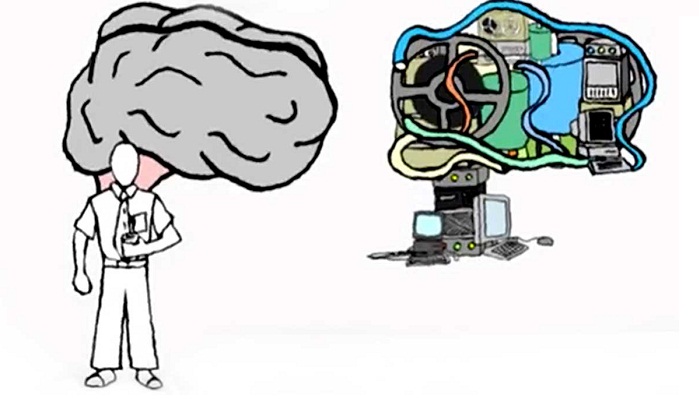Probability is at the heart of this process. Initially, artificial intelligence doesn’t “know” anything; it just assigns a probability to an outcome, such as the likelihood that a given video contains a cat. If it’s correct, it can then use that information to change the probability it assigns to the next video it encounters, and so on.
After enough cycles of guessing and receiving feedback, the algorithm will have a pretty good model of what a cat on a screen looks like.
Although we have a crude understanding of how an artificial mind works, the reasoning it uses as it crunches through a problem is often a mystery. Examining the code doesn’t provide insight into the internal logic that the machine uses.
A new technique akin to a brain scan for computers is aimed at finding out more by capturing snapshots of the process. Perhaps we will soon know as much about machine minds as they know about us.
More about:
















































